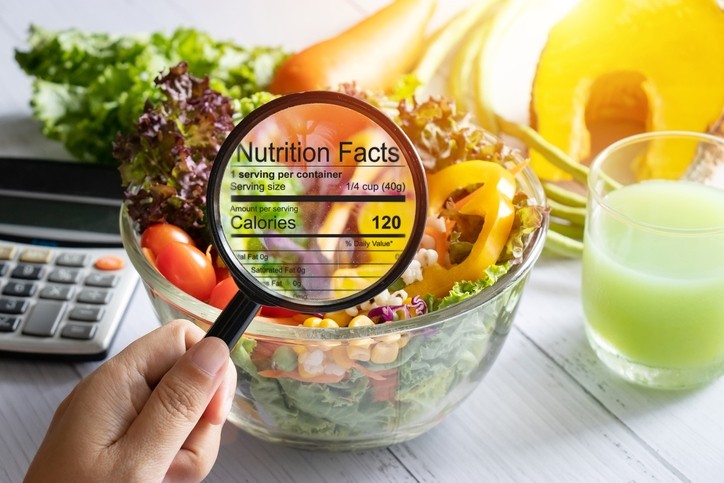Brazilian consumers demand more transparency in specialized nutrition space

Laws support consumer confidence
Food and Drink Senior Analyst at Mintel, Ana Paula Gilsogamo, revealed that following the introduction of Brazilian regulations on the dietary supplements market imposed by Anvisa (the Brazilian Health Regulatory Agency) in 2018, consumers appear to be “more confident about the safety and quality of products."
According to Mintel’s 2019 report on Vitamins and Supplements — Opportunities and New Consumer Demands — in Brazil, 41% of consumers agree with the statement: “I believe vitamins/supplements are safer now than they were in the past," Gilsogamo explained.
Revealing what consumers are demanding and what amounts to full transparency in today’s specialized nutrition market, safety and quality are encouraged by endorsement labels.
Yet confusion and concerns remain
Equally, the survey also found that 42% of respondents would be encouraged to purchase a vitamin or supplement if it displayed an endorsement label, verified by a reputable organization.
Therefore, the importance of endorsement in providing trust and credibility “might be an indication that many consumers still feel unsure about specialized nutrition products, especially when it comes to the benefits delivered by them,” detailed Gilsogamo.
Focusing on the Brazilian market, Mintel’s Vitamins and Supplements 2017 report, for example, indicated that 17% of consumers who had not taken vitamins or supplements in the previous 12 months did not believe in the benefits promised by these products.
Lack of assurance as to the efficacy of products appears to be the case in 2020 too as Gilsogamo confirmed that “for all categories, Brazilian consumers are demanding more transparency,” particularly relating to the ingredients selected and their promised benefits.
The correlative relationship between ingredient transparency and the perception of health and nutrition was discussed in Mintel’s Healthy Eating Trends in Brazil 2018 report, which found that 26% of consumers agree with the statement: “Products/food seems less healthy to me if I can’t recognize some ingredients on the description.”
Achieving supply chain transparency
As consumers demand high quality, sustainability and full transparency, brands are under pressure to demonstrate their credibility, accountability and responsible practices to build trust.
Ingredient origin, production methods and proven benefits influence consumer decision-making in today’s competitive and information-gathering environment. Traceability is seeing growing attention in specialized nutrition as consumers seek complete transparency over the nutrition and food supply chain.
Brands are increasingly utilizing blockchain technology — a decentralized, time-stamped collection of data records — to monitor the safety and quality of nutritional items to achieve product and supply transparency.
Transparency affects all specialized segments/Transparency throughout specialized segments
In Latin America, consumers are in search of digestion and intestine flow enhancing nutritional vitamins and/or supplements. From gut and brain health, foods for special medical purposes to sustainable sports nutrition — consumer demands for all of these segments, and others, are revolving around the need for transparency.
As hyper-specialized diets and nutrition options become more prevalent in 2020, the combination of specialization with transparency and traceability is expected to drive consumer purchasing decisions.









